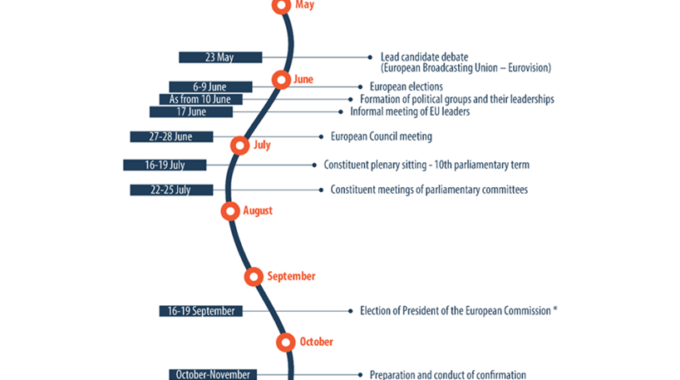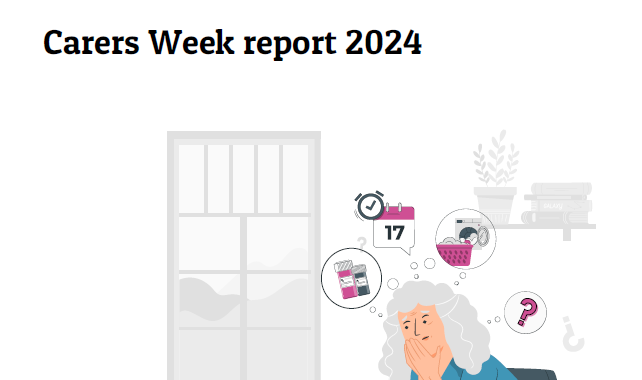
Time for better care at the end of life – an OECD report
On 7 February 2023 the Organisation for Economic Co-operation and Development (OECD) released a report titled “Time for better care at the end of life”. The report shows that with more chronic conditions and an ageing population, a growing share of the population will need end-of-life care (EOLC), reaching close to 10 million people by 2050. While EOLC services help improve quality of life through relieving pain and other symptoms, currently, there are substantial gaps in the provision of services. More than half of deaths still occur in hospital across OECD countries (Europe and beyond), despite home generally being the preferred place of death, because of lack of appropriate services and poor care co-ordination. There are marked inequalities in access with people from higher education twice as likely to receive EOLC services than those with low education. Planning, recording of wishes and shared decision-making fall short of what is desirable, with only one-quarter of wishes being recorded in the form of advance directives. People at the end of life do not always receive appropriate symptom relief, while others suffer from overtreatment.
The report reviews the end-of-life policies in the OECD countries and suggests avenues to improve care for the dying by enhancing measurement and monitoring of quality and rethinking funding and governance models of care. The report also highlights the importance of involving informal carers providing EOLC in the decision-making process and the need to offer them appropriate support and training.
You can see the full report on the OECD website: https://read.oecd-ilibrary.org/social-issues-migration-health/time-for-better-care-at-the-end-of-life_722b927a-en





